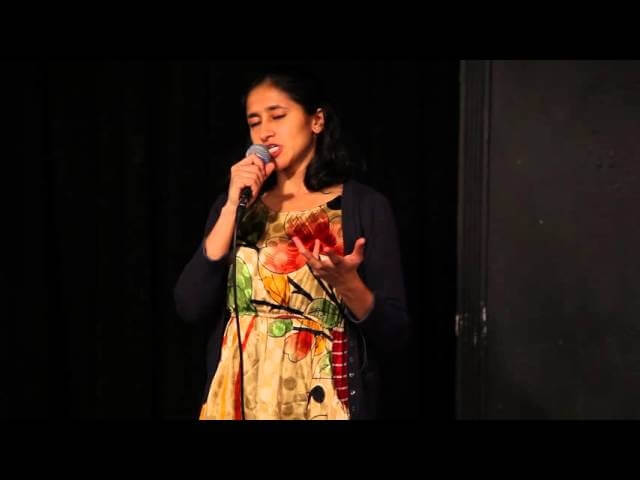Read This: Little by little, comedy becomes less blatantly sexist

In 2011, Late Show With David Letterman staffer Eddie Brill booked only one female comedian. His alibi? “There are a lot less female comics that are authentic.” That guy was fired by CBS, and his dismissal is further evidence that the notoriously male-dominated comedy world is starting to get over its sexism. A.V. Club alum David Sims writes about how the industry is changing in a piece for The Atlantic entitled “Comedy: Slowly Becoming Less Of A Boy’s Club.” The operative word here is “slowly.” When Comedy Central announced its slate of half-hour stand-up specials, for instance, it was deemed progress that five out of the 17 shows were by female comedians. That’s a noticeable uptick from 2012, when the number was just one. When the number increased to two in 2013, that’s technically a 100 percent improvement. Aparna Nancherla, one of the comics interviewed for this story and a writer on Late Night With Seth Meyers, feels that Comedy Central is making a “concerted effort” to ensure that women are not excluded. That spirit carries over to the channel’s other offerings, including Inside Amy Schumer and Broad City. Sims also points to the careers of Kristen Wiig and Maria Bamford as further evidence that comedy’s entrenched chauvinism is slowly eroding.
One especially interesting aspect of this story is the discussion of the chauvinism at the lowest ranks of the comedy world, i.e., open mic nights and smaller stand-up shows at bars and clubs. These kinds of venues may seem trivial compared to movies and television shows, but they’ve long played a role in marginalizing women in comedy. If women are not able to get a foothold at these shows early in their careers, they’re less likely to be able to move up through the ranks in the comedy world and get those high-profile gigs. “When a small bar show in New York starts booking women and championing them,” says comedian Sara Schaefer, “that gives more opportunity for them to be seen.”